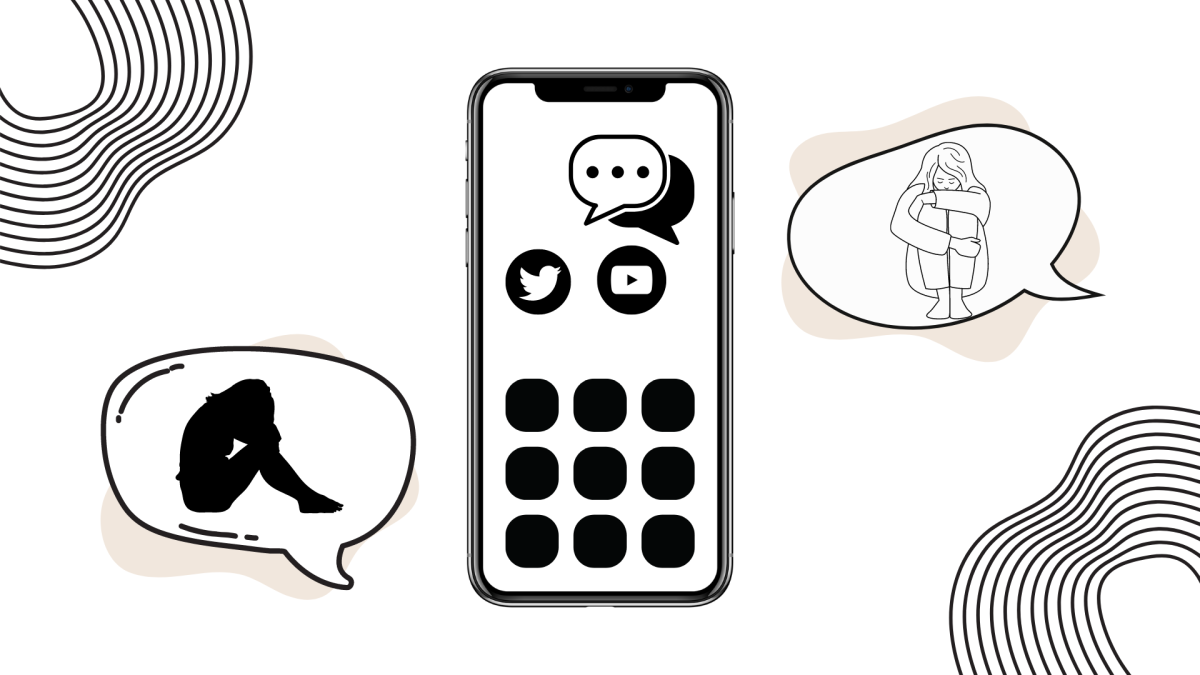With the sudden, jarring scandals surrounding tech giants Facebook and Cambridge Analytica that have surfaced in recent months, privacy rights have once again become the subject of national concern. Users’ fury at the commercialization and exploitation of their personal data has shifted strict Internet privacy protections from the realm of abstract think pieces by Silicon Valley whistleblowers to that of concrete public policy reform. However, although social media companies are currently facing intense scrutiny from both lawmakers and journalists, other industries have been largely neglected in the privacy debate, despite troubling practices.
Genetics testing firms, such as AncestryDNA and 23andMe, reserve the right to sell customers’ genetic information to pharmaceutical companies and research institutions. According to an article by Livescience.com, “The data is stripped of names or other identifying information, but truly anonymizing DNA is a herculean task — researchers have found that comparing anonymous DNA databases with public records could reveal the names and addresses of the people behind the gene sequences.”
The matching of consumers with their genetic information invites the possibility of targeting unwitting subscribers with advertisements or products that fit their genetic profile; for instance, if a company discovered that a person was at risk for diabetes, they could market medication directly to him before he has a chance to consult with his doctor. It is not difficult to imagine a world in which genetic data is bought and sold as if it were a commodity rather than an intimate source of confidential biological characteristics.
“There are a lot of subtleties to this issue,” said anatomy teacher Craig Parker. “For instance, it raises questions about insurers. Should they be able to go into genetic databases to profile certain people to justify increases in their premiums? There are a lot of cases where we do want that information out there, and a lot that we don’t.”
Although genetics testing firms have privacy policies that prevent them from publicizing customers’ data, no such regulations exist for the third party companies to whom they sell it. If a pharmacological corporation, or even a university were to somehow uncover the faces behind the numbers, no law exists that would forbid them from revealing the identity of the genes’ original source. Meanwhile, members of certain ethnic groups can be easily traced back to common genetic traits, which poses important questions regarding discrimination because the ability to maintain these people’s anonymity is reduced.
“I believe that privacy rights are very important because even if someone just has the smallest piece of information about you, they can figure out a lot more about you,” said senior Keshav Wagle. “It can be a slippery slope.”
In an era of unprecedented technological advancement, researchers, medical professionals and citizens alike must weigh the benefits and drawbacks of distributing genetic data. On one hand, widespread information sharing plays a critical role in the search for potential cures for devastating diseases. However, genetics firms must take a balanced approach in order to shield consumers from unjust infringements on their privacy.








